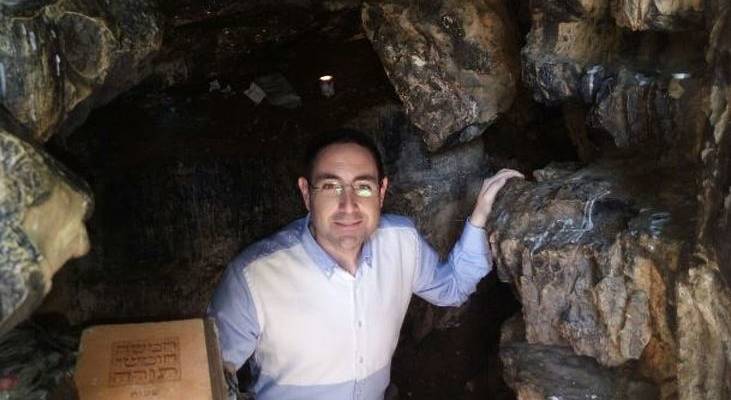The town of Peki’in has special significance on the holiday of Lag b’Omer, the anniversary of the death of Rabbi Shimon Bar Yochai, who is credited with revealing the secrets of Jewish mysticism.
By Rabbi Ari Enkin, Rabbinic Director, United with Israel
Lag B’Omer is a minor festival celebrated on the 33rd (“Lag” in Talmudic Hebrew) day of the “Counting of the Omer,” which is the verbal counting of the days between Passover and Shavuot. The Hebrew date is the 18th day of the Hebrew month of Iyar.
Lag B’Omer is believed to be the anniversary of the death of revered Talmudic sage Rabbi Shimon Bar Yochai. Rabbi Shimon, a student of the great Rabbi Akiva, is credited with revealing the secrets of Kabbalah, Jewish mysticism, which form the core of the Zohar, the primary book of Kabbalah.
Rabbi Shimon requested that the day of his death be celebrated each year. Indeed, Lag B’Omer is considered a celebration of the “Secrets of the Torah” that he revealed.
Rabbi Shimon is buried in the North, on Mount Meron, where the most elaborate Lag B’Omer festivities in the world take place, although there are similar yet smaller celebrations everywhere else in Israel.
In most years, over 250,000 people visit Meron over the course of the 24 hours of Lag B’Omer. Bonfires are the primary observance of the day, with plenty of food and music.
Meron, however, is merely the burial place of Rabbi Shimon; it is not a city to which he was connected during his lifetime. There is in fact a place that deserves more attention on Lag B’Omer: the town of Peki’in.
Peki’in, also in northern Israel, is where Rabbi Shimon lived for over a decade. Rabbi Shimon was a vocal critic of the Roman occupation of the Land of Israel, and when the Romans found out, they sought to execute him. As such, Rabbi Shimon had to go into hiding.
According to tradition, Rabbi Shimon bar Yochai and his son fled to Peki’in, where they hid in a cave for 13 years and spent their days studying Torah together, particularly the secrets of the Kabbalah.
We are told that at the opening of the cave, a carob tree sprang up and a spring of fresh water appeared. Hence their food and drink was supplied.
To keep their garments from wearing out, they wore their clothing only during prayer and on Shabbat. The rest of the week they embedded themselves in sand up to their necks.
Eventually Rabbi Shimon received a prophecy that the Roman emperor had died, and by extension, the decree to put Rabbi Shimon to death was abolished, and so they emerged from the cave.
Recently I visited the cave, where the carob trees remain, and there are a number of springs nearby. It is definitely worth a trip on your next visit to northern Israel.
